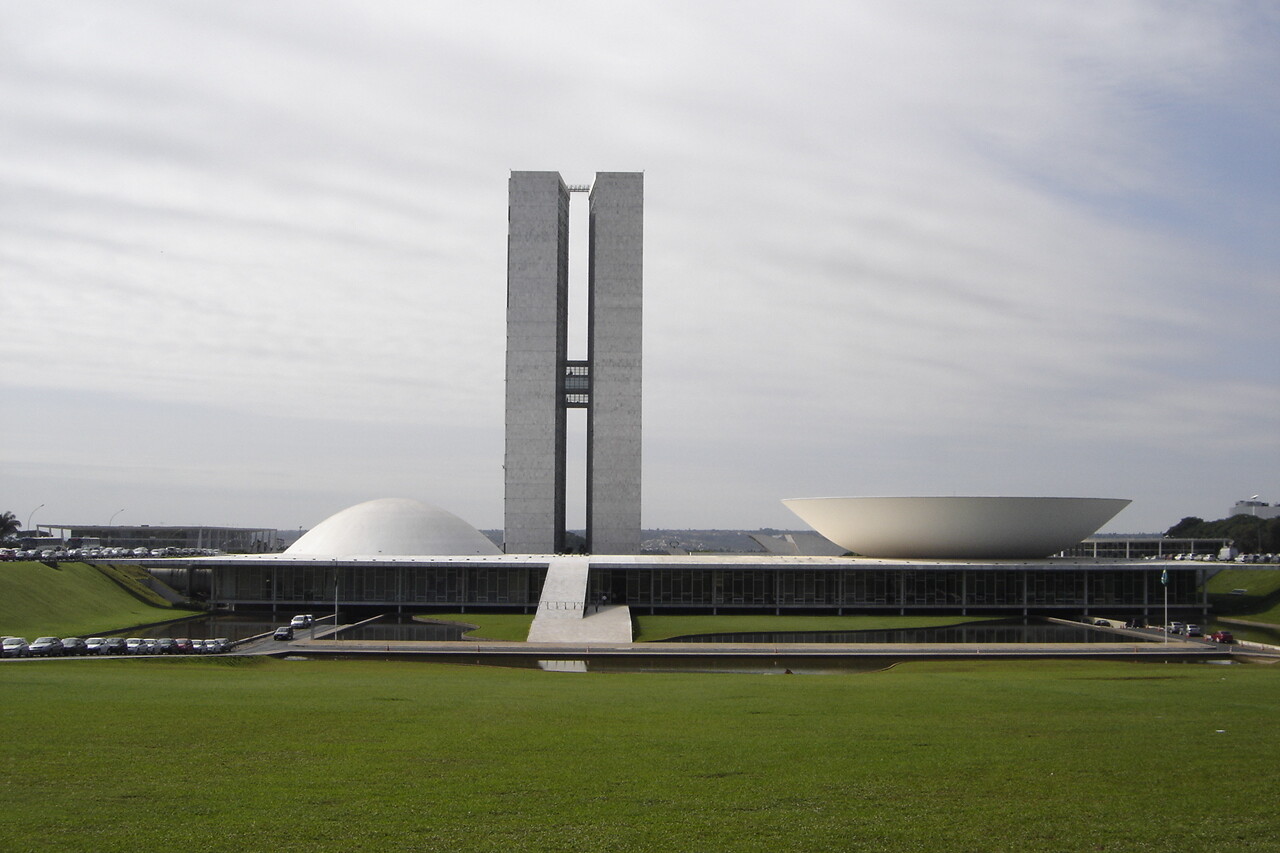The future of public media in Brazil is now even more precarious after new provisional measure is proposed by the government.
Public media in Brazil continues to be the subject of changes and insecurities. Earlier this month, the Brazilian government, now led by Michel Temer, announced a provisional measure that undermined the independence of the public broadcaster of the country – Empresa Brasil de Comunicação (EBC).
With the measure the President made two important changes. First, he eliminated the four-year mandate of the organisation’s President. This requirement was made to ensure the company’s autonomy from the government. However, it is now highly likely that the next Presidents will be more influenced by the government.
Indeed, the journalist Ricardo Melo, was once again fired from his role as EBC President and has been substituted by the journalist Lartes Rimoli, who is aligned with the political party that supported the impeachment of the ex-President, Dilma Rousseff.
“I never feared losing the job. The job is not the issue,” said Ricardo Melo, now former President of EBC. “I am a journalist who has some recognition and a relatively known path. The issue is not the job, it’s the company’s objective and the protection of public media.”
Secondly, with the measure, Temer seeks to eliminate the Board of Trustees. This body had, among other aims, the role of ensuring that EBC produced content that enhances and promotes social participation and cultural diversity.
“It’s an organ of fundamental importance for a public organisation, because it’s formed by representatives from different segments of society, such as workers, members of the black movement, LGBTs communities, women, entrepreneurs and many more,” said Melo.
However, 30 employees have now lost their place after Rimoli started his role and began implementing the measures proposed by the government. For Melo, rebuilding the Board of Trustees is a “main battle” and its destitution is seen as an attempt to destroy public media in the country.
Nonetheless, the measure is not definitive. In fact, a provisional measure gives the government the possibility to legislate before the discussion goes into Parliament. To be fully effective, it will have to be voted in Parliament in the next 90 days.
“In a country like Brazil, where there’s a oligarch media production and a monopoly of opinions, there is the need for other means of information“, said Melo. “Public media exists worldwide to give voice to the voiceless even within the official media.”
Whether public media will continue to provide these opportunities for the people in Brazil, will be subject of debate in the upcoming months. PMA will continue to follow and report on the changes occurring in the country.
Header image: Panoramic view from TV tower in Brasilia. Image: Leandro Neumann Ciuffo/Creative Commons
